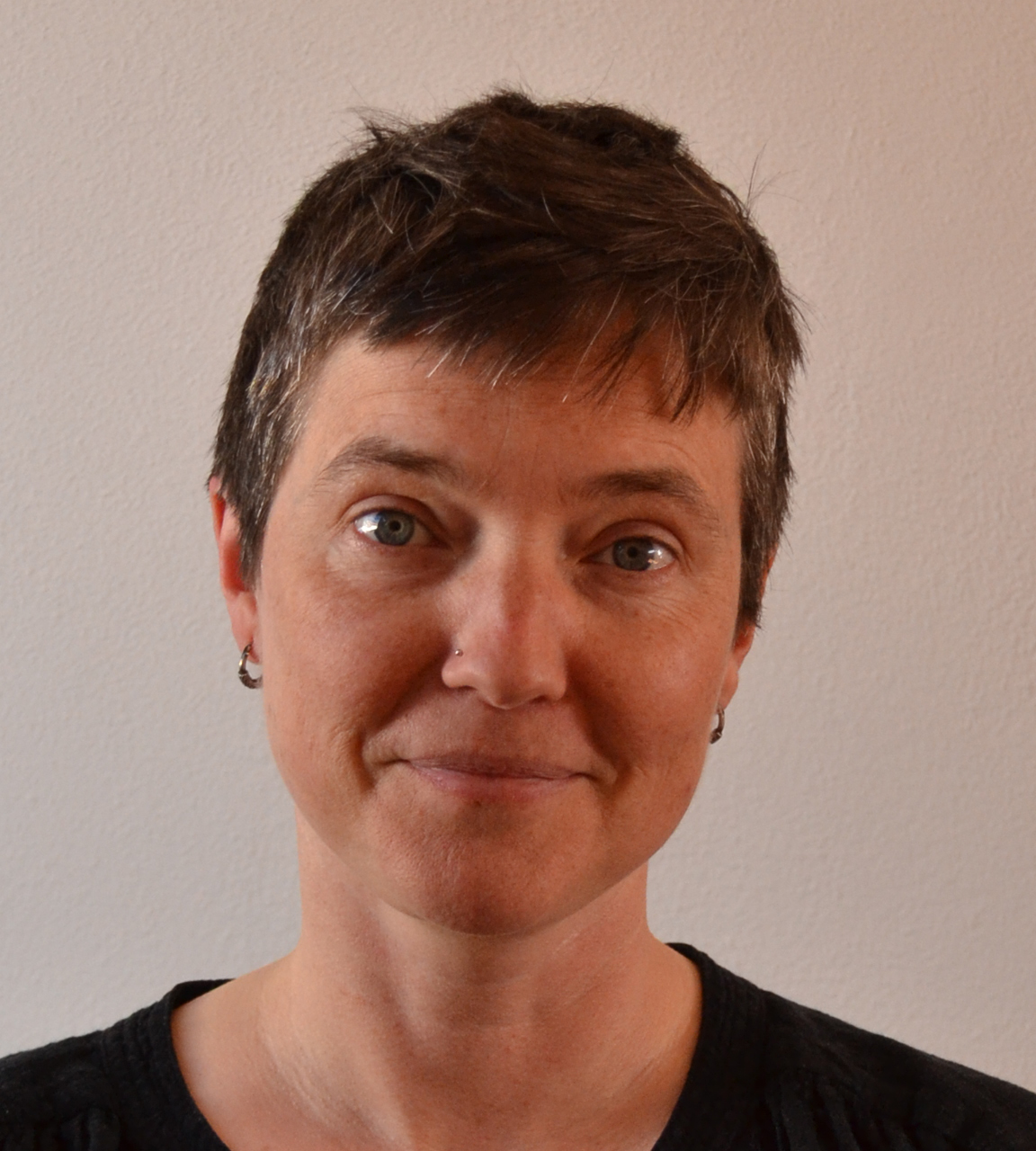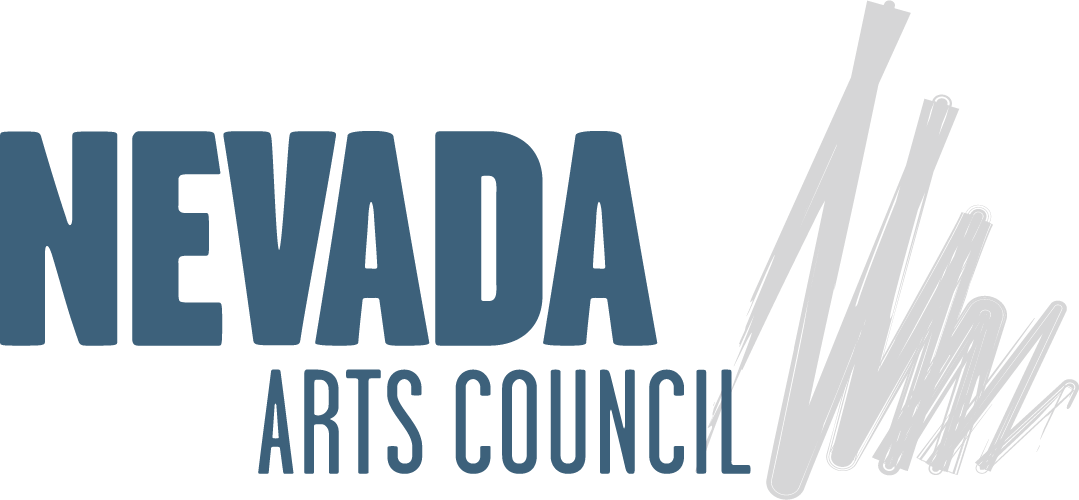
-
Community
-
Education
Laura Wetherington
- Literary Arts
Originally from Virginia, Laura Wetherington first moved to Nevada in 1987 at the age of ten. As a student at Incline Middle School, she fell in love with poetry after a visiting writer taught a lesson on meter. She has spent much of her life returning to Nevada, most recently moving back to Reno after a six-year stint in the Netherlands. Much of her writing and thinking tries to reckon with the line between belonging and not belonging—to a place, to a culture, to a language tradition.
Her poems, essays, and book reviews have appeared widely, including Poetry, Poem-A-Day, Conjunctions, Pleiades, Narrative, The Volta, Hyperallergic, Full Stop, and Jacket2. She is the author of two full-length poetry books, "A Map Predetermined and Chance" (Fence Books) and "Parallel Resting Places" (Free Verse Editions). She currently teaches creative writing at the University of Nevada, Reno at Lake Tahoe’s Low-Residency Master of Fine Arts program and online with the International Writers’ Collective in Amsterdam. She has been awarded artist grants in literary arts from the Nevada Arts Council and the Sierra Arts Foundation and has attended residencies at the Vermont Studio Center, Camac, and Pasture Project Space.
Wetherington’s teacher training includes a CELTA certificate (Teaching English as a Foreign Language), completed in 2018, and a faculty preparation for community college teaching certificate. Her approach to teaching at all levels emphasizes experimentation and play. She believes that creative writing can be a powerful vehicle for developing world-building, self-reflection, and creative problem-solving skills.
School & community workshops
Visual Sonnets
Ideal for community and high school audiences. We’ll focus on the history of the visual sonnet so that we can blow our own minds with the possibility of translating verse forms more widely into visual poems.
Iterative Writing: How to Follow Your Obsessions (Three-hour or multi-day generative workshop)
Ideal for community and high school audiences who are already writing. We’ll talk about what recurring themes that show up in your poems and use those obsessions to generate new work.
Poetry Everyday: Writing Through Difficulty (One-three hour generative workshop)
Ideal for community and high school audiences. We’ll talk about drafting strategies for when life is tough, and polishing strategies for making that work shine. We’ll generate new work together.
Poetic Translation: Using Poetry to Jump-Start More Poetry (Talk or one to three hour generative workshop)
Ideal for community and high school audiences. We’ll use other people’s poems—sometimes from other languages—to create poems of our own.
The Arc of the Book: Putting a Collection Together (Three-hour workshop)
Ideal for communities whose audiences are already writing extensively. We’ll discuss specific techniques for making a body of work more cohesive, including selecting poems, thinking about the order, revising across the collection, and nuts and bolts of titles and formatting.
Keeping Time: In Praise of Slowness (Three-hour or multi-day generative workshop)
Ideal for communities or high school students. We talk about sound color and the articulation of sounds in the mouth, then map the sound colors in R.A. Villanueva’s “Archipelagic,” and come away with a sound blueprint for a new poem of our own.
Guessing Game (30-45 minutes; potential two-class structure)
Ideal for kindergarten to second grade. Students learn about some hallmarks of a poem (rhyme, line breaks), while also learning that a poem can be about anything—even a guessing game! In the two-class structure, the class writes a collaborative poem in the second session.
Word Karaoke (55 minutes)
Ideal for sixth to eighth grades. Students generate collaborative poems that jump off from song lyrics.
Talking to Animals (30-45 minutes)
Ideal for kindergarten to third grade. Students read William Blake’s “The Tyger” and create their own short poem to an animal.
Rhyme Time (30-45 minutes)
Ideal for kindergarten to third grade. Students practice rhyme recognition and production using Jack Prelutsky’s “A Frog, a Stick.”
Feed the Meter (30-55 minutes)
Adaptable to kindergarten to eight grades. Students learn about stressed and unstressed syllables and practice making their own patterns.
*Additional lessons can be made to cater to a teacher or community’s needs, including phonemic awareness, poetry and math, narrative poetry, collaboration, you name it.
